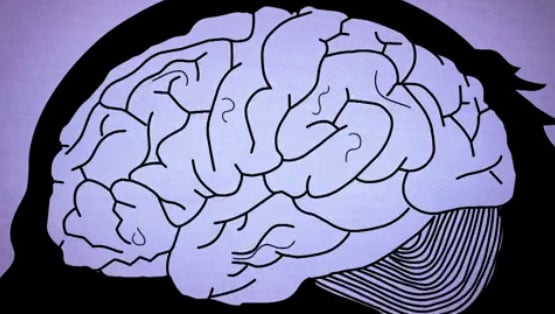Researchers from UCLA and the University of Pittsburgh have found more support for the benefits of exercise on dementia.
They found that older, overweight and obese adults with high body mass index (BMI) ratings had significantly smaller brains than those of a healthier weight. The decrease in brain size was visible in the parts of the brain important for planning and memory and made the brains of these individuals appear about 16 years older than their actual age.
Blood flow is part of the reason why exercise seems to benefit brain health. To keep the brain healthy, it needs ample oxygen which comes from a continuous supply of blood. The more sedentary a person is, the slower the blood flow to the brain. This can cause mini strokes in the brain that a person may not feel physically.
If you find it hard to make exercise a habit, start small and work towards exercising 30 minutes a day, 5 days a week. To jump-start your exercise routine, consider:
- Scheduling a time to meet up with friends for a morning or evening walk/jog
- Joining a dance class
- Creating an exercise log and put it in a place where you’ll see it often and be reminded of your progress
It is never too late to start. An active lifestyle has been shown to improve the health of people with many chronic conditions. If you do not have a chronic condition, adding exercise to your daily routine is one preventive step you can take to support healthy aging.
Exercise provides many health benefits, as long as you know what is safe for your body. Always discuss any exercise plans you develop with your health care provider.
This post was written by Valerie Hagan, former Health Programs Coordinator at the Alliance.






